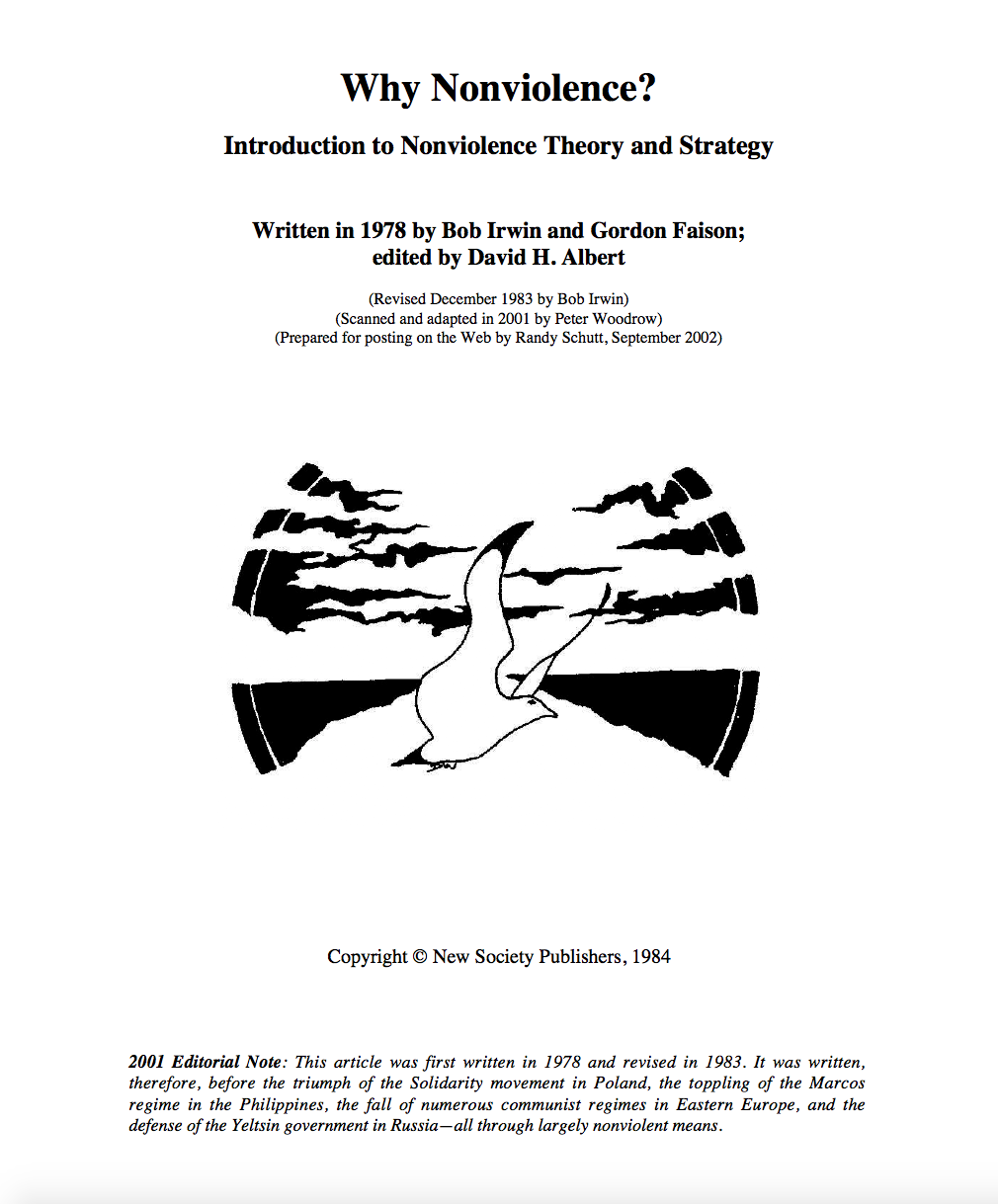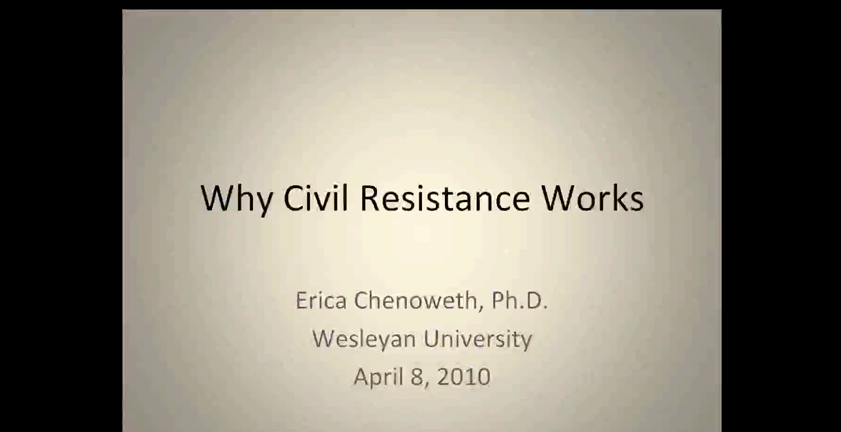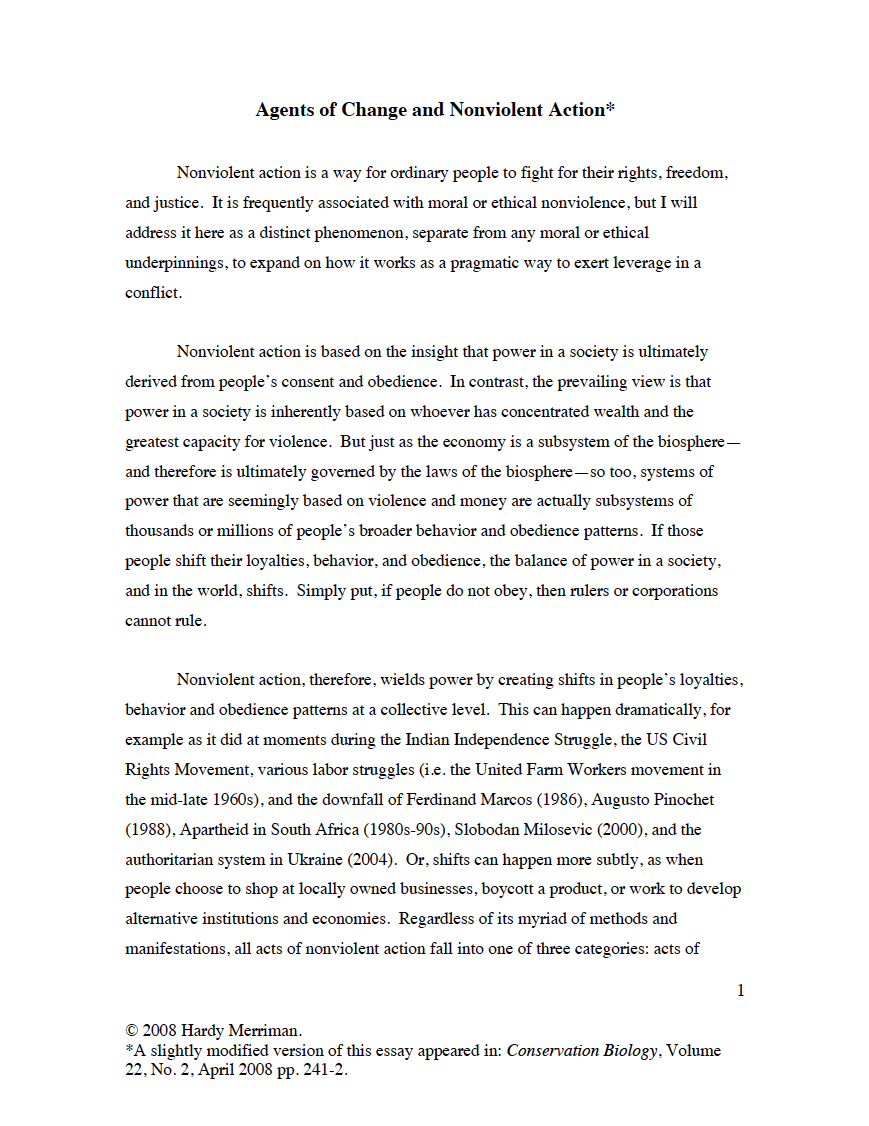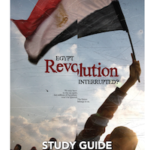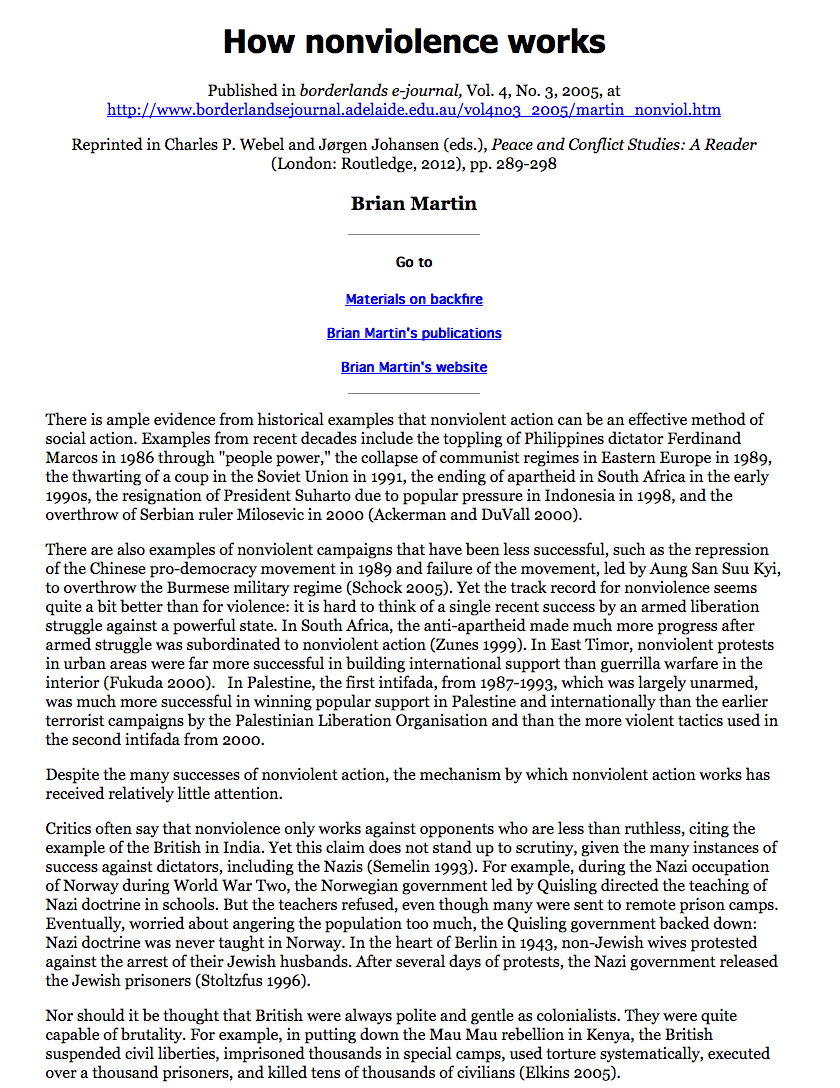
How Nonviolence Works
From the article: It is common to study Gandhi’s campaigns, and other nonviolence struggles, either in their own terms or by using concepts from social science and psychology, such as social movement theory. But it is also possible to move in the other direction, namely to develop concepts inspired by study of nonviolent action and, by generalising them, apply them to arenas outside of the nonviolence sphere. If people can understand personal experiences and world events through frames informed by nonviolence theory, then there is a much greater prospect for expanding the use of nonviolent action itself.
Published originally in borderlands e-journal and reprinted in Peace and Conflict Studies: A Reader, by Routeledge Publishing
